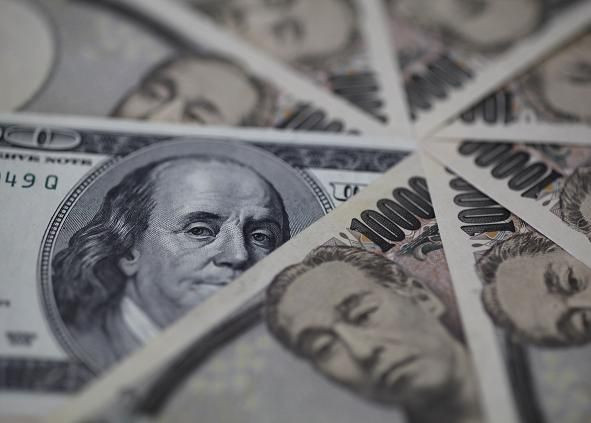Bank Of Japan Commits To Yen Inflation Policies After Auto Leaders Join Governments With Complaints

Carmakers have joined the chorus of complaints against Japan's monetary easing campaign that still hasn't raised the value of the yen. Manufacturers charge that the yen's weak exchange rate against other currencies makes Japan's exports cheaper versus competitors and therefore benefits Japan.
Ford's (NYSE: F) CEO charged that Japan devalues the yen earlier this week and reiterated his opposition to Tokyo entering talks for the Trans-Pacific Partnership (TPP) free trade pact.
"The markets should determine the exchange rate," Ford CEO Alan Mulally told a small group of reporters in Bangkok. "They should open up their market, they should restructure their industry, and that's why we're encouraging the people negotiating the free trade agreements that they deal with that."
Japanese Prime Minister Shinzo Abe announced Japan's interest in joining negotiations on the TPP in early March. Governments involved in the TPP talks include Canada, Mexico and Australia. They're pushing for a deal by this year. However, Ford's Mulally is worried that Japan's interest could slow the process considerably. Participating countries could decide as early as April whether to allow Tokyo into the talks.
Meanwhile, the Bank of Japan's Governor, Haruhiko Kuroda, committed to boost the value of the yen by 2 percent in two years, signing onto Prime Minister Shinzo Abe's target timetable. Yet the newly appointed leader of Japan's central bank plans to continue the monetary easing tactics that he expects will defeat the drastic deflation. Currently, 1 yen is barely worth a U.S. copper penny at $0.0106.
"The weakening yen reinforces the Japanese competitors," Kia Motors Corporation (KRX: 000270) Vice President Lee Soon Nam told reporters Wednesday at the Seoul Motor Show. "The weakening yen will become the Japanese automakers' weapon; they now have reinforcements."
Hyundai Motor Company (KRX: 005380), which owns 34 percent of Kia, expects its slowest annual growth in the market in five years. Hyundai's Chief Financial Officer, Lee Won Hee, told reporters during a January conference call that this slowing will be due in part to how a weak yen allows Japanese automakers to market aggressively in territories where Hyundai and Kia compete, such as Australia and Russia.
Investors began selling off yen on expectations that Kuroda would steer the BOJ toward aggressive actions. This helped drive the yen down as far as $0.0103 in March, its lowest value since 2009. In October 2011 the yen's value had reached a 10-year high of $0.0132, seven months after the tsunami.
Kuroda's predecessor at the central bank, Kazumasa Iwata, told Future Currency Forecast that the BOJ's target is ambitious, saying, "It's impossible to achieve 2 percent inflation in two years," and added that even five years would not be easy.
© Copyright IBTimes 2024. All rights reserved.






















